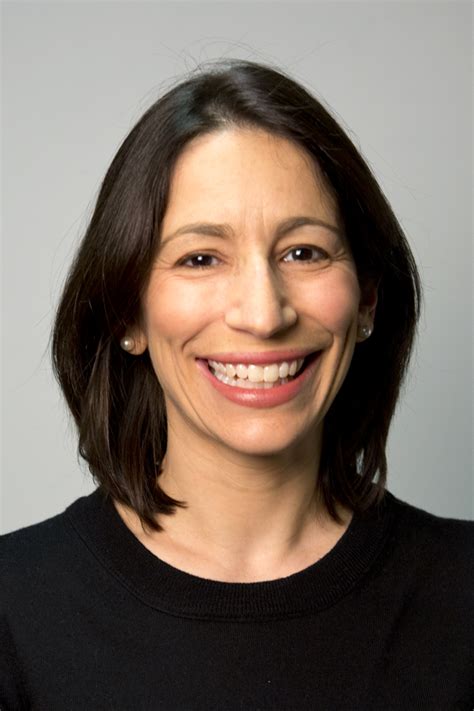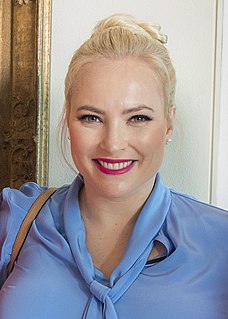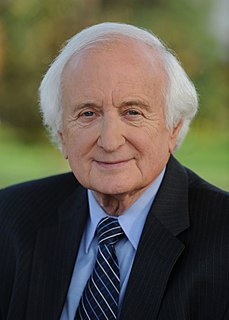A Quote by Judith Warner
The American middle class, it seems to me, is looking to politicians now to satisfy a pretty basic - and urgent - level of need. Yet people in the upper middle class - with their excellent health benefits, schools, salaries, retirement plans, nannies and private afterschool programs - have journeyed so far from that level of need that, it often seems to me, they literally cannot hear what resonates with the middle class. That creates a problematic blind spot for those who write, edit or produce what comes to be known about our politicians and their policies.
Quote Topics
About
American
Basic
Benefits
Blind
Cannot
Class
Creates
Edit
Excellent
Far
Health
Health Benefits
Hear
Known
Level
Literally
Looking
Me
Middle
Middle Class
Nannies
Need
Now
Often
Our
People
Plans
Policies
Politicians
Pretty
Private
Problematic
Produce
Programs
Resonates
Retirement
Salaries
Satisfy
Schools
Seems
Spot
Those
Upper
Upper Middle Class
Urgent
Write
Related Quotes
The government decides to try to increase the middle class by subsidizing things that middle class people have: If middle-class people go to college and own homes, then surely if more people go to college and own homes, we’ll have more middle-class people. But homeownership and college aren’t causes of middle-class status, they’re markers for possessing the kinds of traits — self-discipline, the ability to defer gratification, etc. — that let you enter, and stay, in the middle class. Subsidizing the markers doesn’t produce the traits; if anything, it undermines them.
We're going to have to invest in the American people again, in tax cuts for the middle class, in health care for all Americans, and college for every young person who wants to go. In businesses that can create the new energy economy of the future. In policies that will lift wages and will grow our middle class. These are the policies I have fought for my entire career.
It’s innate in me to be a Democrat — a true Southern populist kind of Democrat. There’s not a lot of those anymore. I’m not saying I’m right or wrong. That’s just the way I feel. The issues that matter to me are the social safety nets for people, health care, middle-class concerns. We need to take care of the middle class and the poor in our country. The chasm is getting larger between haves and have-nots, and that’s something we need to close down a little bit.
Advocacy groups like Families U.S.A. imagine that once Medicaid becomes a middle-class entitlement, political pressure from middle-class workers will force politicians to address these problems by funneling more taxpayer dollars into this flawed program. President Barack Obama's health plan follows this logic.





































